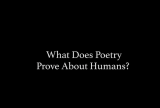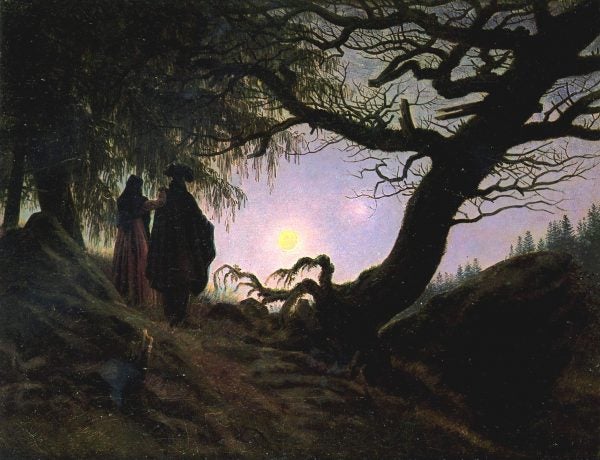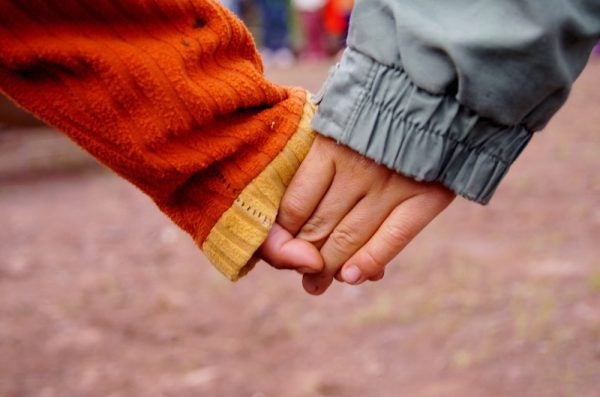How Our Evolving Understanding of Individual Autonomy Led to Human Rights for All
A Cultural Historian Traces Empathy From Epistolary Novels to Abolition to Act Up
In Inventing Human Rights: A History, UCLA historian Lynn Hunt traces the modern concept of Human Rights to a series of mid-18th century epistolary novels with a strong first person perspective, including Julie by Jean-Jacques Rousseau and Samuel Richardson’s Pamela and Clarissa. Male and female readers got passionately engrossed in the experience of being “in” the body and position of the heroines of these novels. Empathizing with people outside their class and experience, Hunt argues, was part of a transformation of the idea of a “self” that occurred in Europe …













